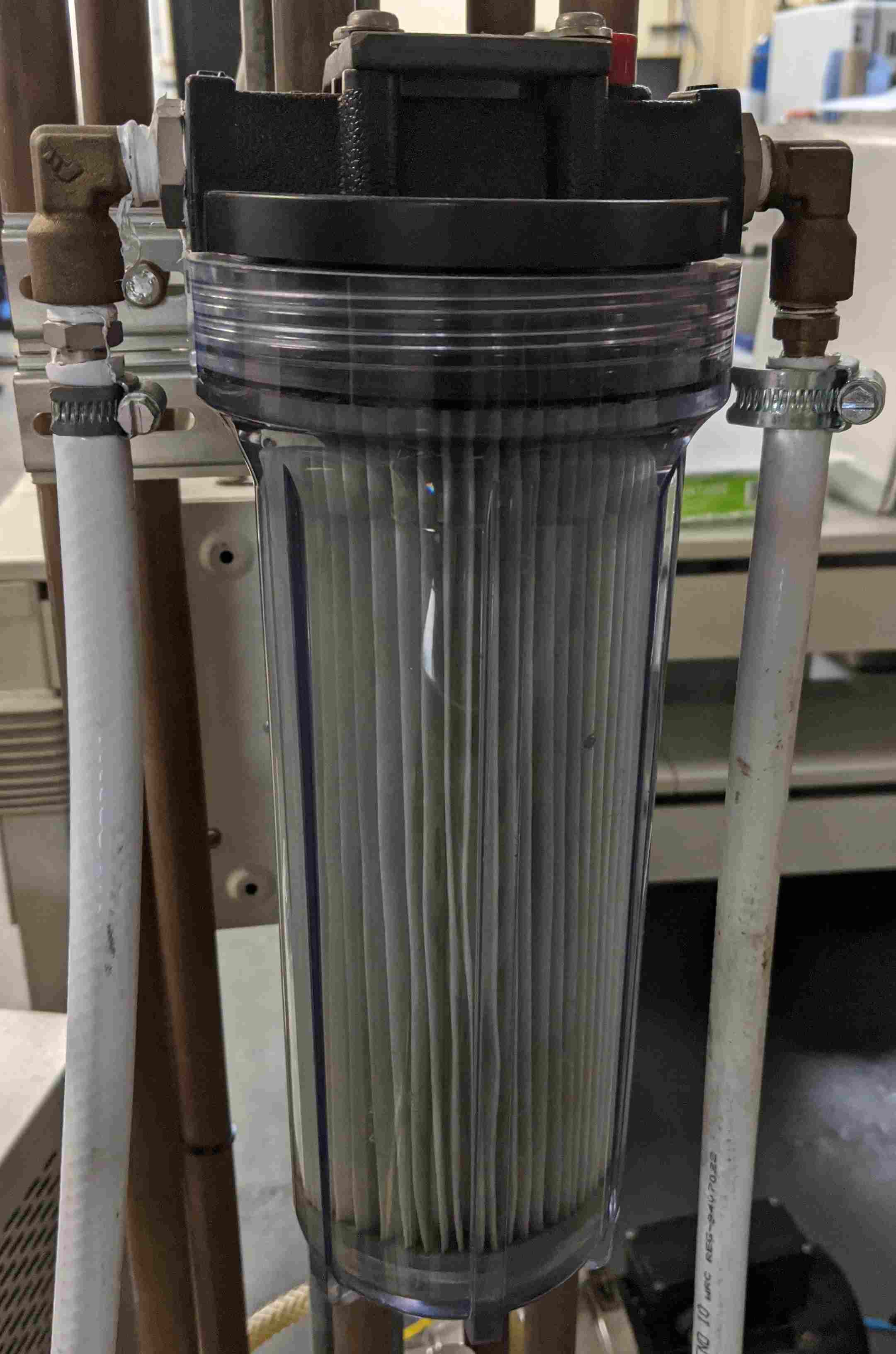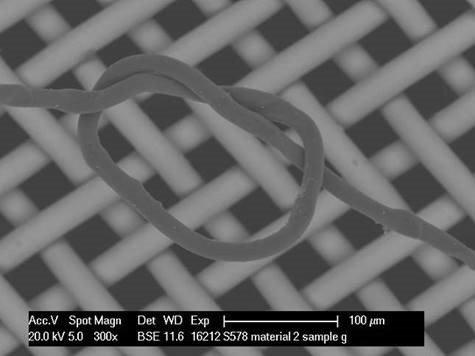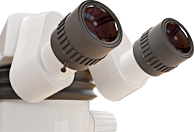Filter Blockage and Blinding Investigations
 Manufacturing and power plants, commercial buildings and even domestic housing use filter systems to protect equipment and infrastructural facilities from blocking up and premature failure. It is important to understand what the material collecting in the filters is made of and where it has come from so that the source of the particle and debris generation can be prevented or at least reduced, as this will allow less frequent maintenance periods and reduce costs.
Manufacturing and power plants, commercial buildings and even domestic housing use filter systems to protect equipment and infrastructural facilities from blocking up and premature failure. It is important to understand what the material collecting in the filters is made of and where it has come from so that the source of the particle and debris generation can be prevented or at least reduced, as this will allow less frequent maintenance periods and reduce costs.
LPD Lab Services frequently carries out analysis of blocked or partially blinded filters from air, gas and liquid handling systems to determine the chemical and physical nature of the debris using combinations of Optical Microscopy, SEM / EDX, FTIR, FTIR Microscopy, GC-MS, IC, AAS, Semiquantitative XRF and ICP-MS depending on the likely nature of the typical mixture of debris caught in the filter.
After careful dismantling the filters, particulates or agglomerates can be individually analysed by SEM / EDX or FTIR microscopy as their physical and chemical nature will point to the likely origins.
Alternatively, a more traditional chemist approach can be that the filter contents can be analysed as a whole by either water or solvent washing out the contents and then digesting it for organic chemical and dissolving in acid inorganic chemical and metals analysis by IC, ICP-MS or AAS.
 The initial material nearest the outlet of a filter can be of prime interest as this is often the start or cause of the blockage, with the material backing up behind it. Thus it is sensible to focus on sampling and analysis methods that analyse the blockage material at specific depths. Identification of the blockage materials allows type matching or fingerprinting back to the original source. LPD Lab Services also has a significant amount of experience reverse engineering how the blockage materials change through the process physically, thermally and chemically from source to filter blockage.
The initial material nearest the outlet of a filter can be of prime interest as this is often the start or cause of the blockage, with the material backing up behind it. Thus it is sensible to focus on sampling and analysis methods that analyse the blockage material at specific depths. Identification of the blockage materials allows type matching or fingerprinting back to the original source. LPD Lab Services also has a significant amount of experience reverse engineering how the blockage materials change through the process physically, thermally and chemically from source to filter blockage.

